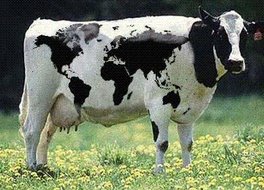This is far too big a topic for me to cover completely here, especially after a long day like today. I'll just touch on the highlights, the take-home points. Wait a sec, I'm starting to sound like a professor . . .
The biggest reason that people go hungry is that they can't pay for food. That sounds like an obvious statement, but it goes deeper than most people think. Yes, on the surface, it means that people simply can't afford food on an individual basis. If I have no money, I can't go to the grocery store and buy a loaf of bread and a gallon of milk. This is the individual hunger of poverty.
Being an epidemiologist, though, I prefer to look at the population level. Why, if there's more than enough food for everyone to eat, are some people not eating? It's because we who are eating too much and wasting are quite literally buying it out from under their noses. This is not saying you need to go on a hunger strike so a kid in the slums of Mumbai can eat. It doesn't work that way; that's the economic fallacy at work. Instead, look at a societal level.
When people have food to sell, they do not sell to the lowest bidder (another duh statement, but bear with me). People sell their commodities to the entities that will pay the most for them. In the case of food, that would be the high-income countries. Thus, food distribution follows the money: more food goes to places with more money. Seeing as there is a serious inequity in money distribution in the world, the distribution of food becomes unequal. Hence, we have obesity while other countries have starvation.
On a side note, this is my biggest worry about the corn ethanol fuel craze; our cars have more money invested in the fuel industry than most people in the world can spend on food, so our fuel industry is going to start outbidding the poor for corn products, leading to higher food prices and more hunger.
What's the solution? Economists would say that if someone can't meet the cost of a required input, they need to increase the capital available for that investment. Translation: they need more money. Jobs, development, any and all methods of raising the income of the poor -- these are the best ways to combat the economics of hunger. Some of them may even have an impact on the social aspects, as well. More on that tomorrow.
Tuesday, February 27, 2007
Subscribe to:
Post Comments (Atom)

No comments:
Post a Comment